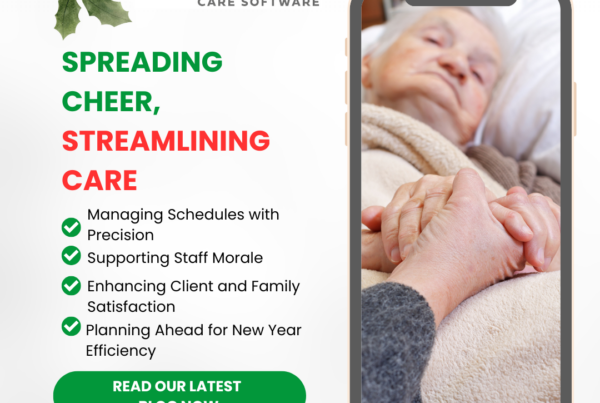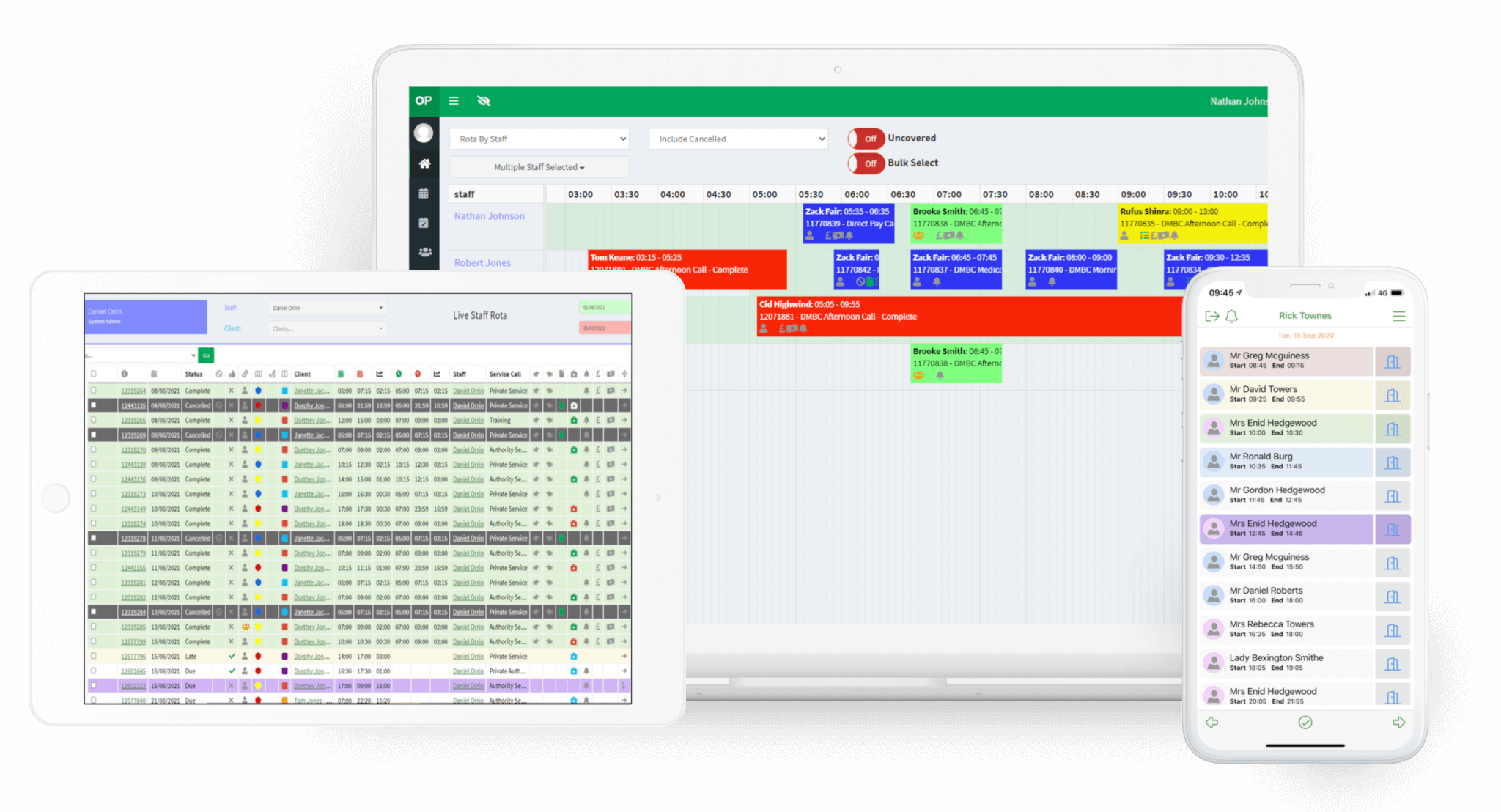We understand that communication is key to delivering high-quality care. It underpins everything we do, from understanding service users’ needs to conveying compassion, reducing anxieties, and ensuring the best possible care. Here are five tips to help you and your team improve communication with service users, considering various circumstances.
-
-
-
Implement Staff Training
Before improving communication, it’s essential to ensure that you and your team are well-trained. Training in communication skills can enhance the effectiveness of your team and provide valuable techniques that can be incorporated into daily tasks.- Keep communication simple, avoiding jargon.
- Adjust for those who speak different languages, come from diverse cultures, or have additional communication needs.
-
-
-
Practice Active Listening
Communication isn’t just about talking; listening is equally important. Here are five tips for effective active listening:-
-
- Give your undivided attention and make time to talk without distractions.
- Face the person, maintain eye contact, and ensure they can see your mouth and face.
- Confirm what you have heard by summarising it back to them.
- Ask open-ended questions to encourage detailed responses and deeper connections.
- Show genuine interest in their conversation, even if it’s not your favourite topic.
-
-
-
-
-
Consider Non-Verbal Communication
Non-verbal communication accounts for 95% of all interactions. It includes:-
-
- Facial Expressions: Smiles indicate happiness; frowns suggest questioning.
- Eye Contact: Aids in connection and engagement.
- Gestures: Hand movements can add emphasis.
- Posture: Sitting upright and facing the person communicates receptiveness; crossed arms or turned bodies can signal disinterest.
- Touch: Provides reassurance, especially to those who struggle to express emotions.
-
-
-
-
-
Think About the Individual
Person-centred communication is as crucial as person-centred care. Here are some tips:
- Get to know the person’s history and preferences to establish meaningful conversations.
- Recognise and respect cultural differences.
- Involve service users in decisions about their care, including daily routines, meals, or activities.
- Respect their privacy and choices.
- Regularly review and update care plans.
- Advocate for Person-Centred Care Planning Involving service users in their care plans is crucial. Effective communication helps build trusting relationships, enabling honest communication about thoughts, concerns, and wishes. For those living with learning disabilities, recognising unique preferences and understanding verbal and non-verbal cues are essential. Capturing these moments ensures continuity of care and best practices. Clear and transparent communication is vital in care planning. Avoiding jargon and medical explanations prevents confusion and ensures service users’ needs are met.
-
-
We hope these tips help enhance your team’s communication skills and support your service users more effectively. Feel free to share this with your team to create awareness and improve your communication strategies.




